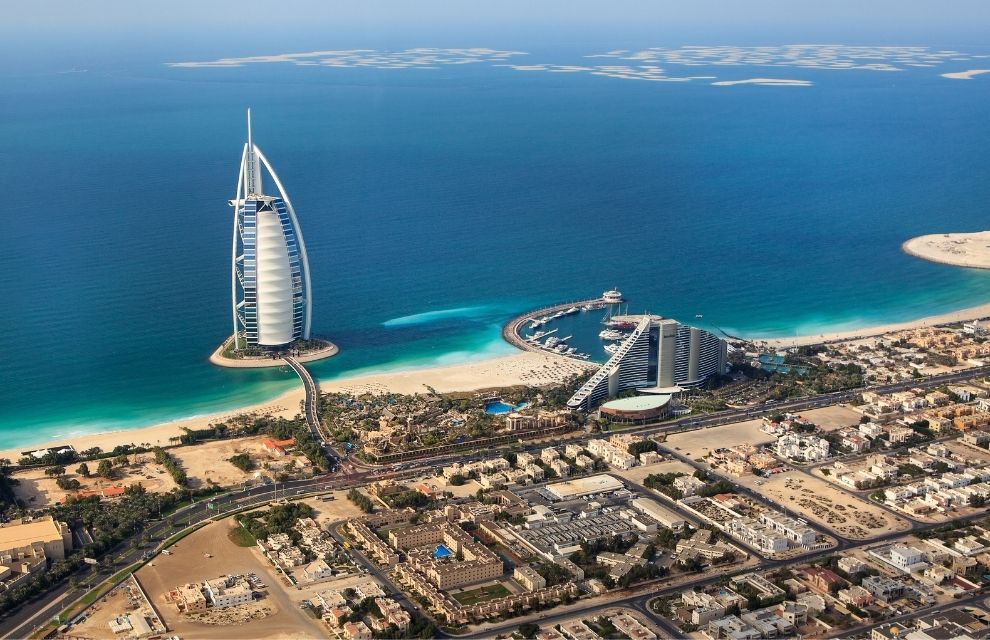The Gulf Cooperation Council is seeing an increase in the interest around captive insurance, according to an A.M. Best webinar focusing on the captive insurance market in the region.
Speaking on the webinar, Ronny Vellekoop, senior executive officer, Marsh Captive Solutions in Dubai, says the firm is seeing an increase in captive figures from its clients in the GCC region.
Vellekoop explains that the increase was a response to the “significant hardening of the market” as captives respond to what the market is doing.
He revealed that the Marsh captive advisory team is currently looking at about “eight or nine” feasibility studies for clients in the GCC region.
The captives Marsh currently manages in the region focus predominantly on traditional captives that write property and liability coverage, Vellekoop adds.
It was questioned if captives were being set up in the GCC because of tax rules but Vellekoop notes that most captives are set up as a risk financing and risk management tool.
He says: “Tax is less of a concern as a lot of legislation has been put into place.”
“If a captive is set up by its parent in a low tax jurisdiction, the jurisdiction where the parent is located, the tax authority, can still charge the parents for profits made by the captive.”
Vellekoop was also asked about the introduction of value-added tax (VAT) in several markets and if this impacts on the need of having a captive.
He explains that the United Arab Emirates (UAE) and the GCC “are somewhat unique” as they have applied VAT on insurance premiums as well as reinsurance premiums.
In Europe and other countries the tax applied to insurance premiums “is what we call insurance premium tax”, he notes.
The UAE has introduced VAT, according to Vellekoop, he highlights that although international reinsurance premiums are normally tax-exempt, in the UAE it has also applied VAT on reinsurance premiums.
“This has caused a couple of challenges, particularly if the region sector is international,” he notes. “If one country across the world introduces VAT on international reinsurance premium, it basically requires the whole world to adopt to the UAE VAT on reinsurance. It has caused a bit of a challenge with the reinsurance markets.”
“Overall VAT is not a cost to the business, it’s just a path through. A tax collected and paid to the tax authorities and then on supplies VAT pays can be reclaimed. So it’s not a cost on the captive for the parent, simply the captive becomes a bit of a tax collector and it just causes an extra layer of administration. But it hasn’t caused us many problems,” he adds.






